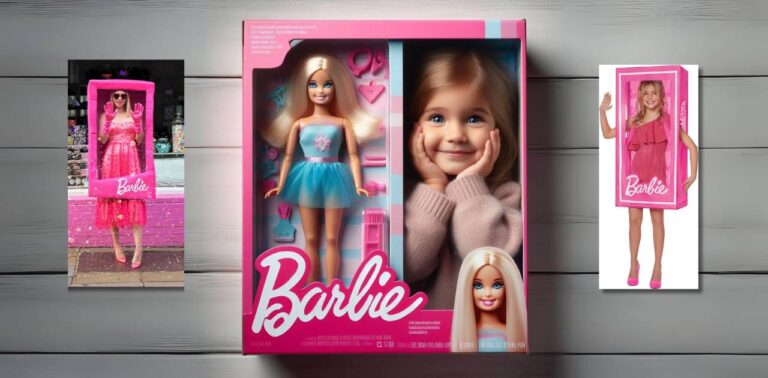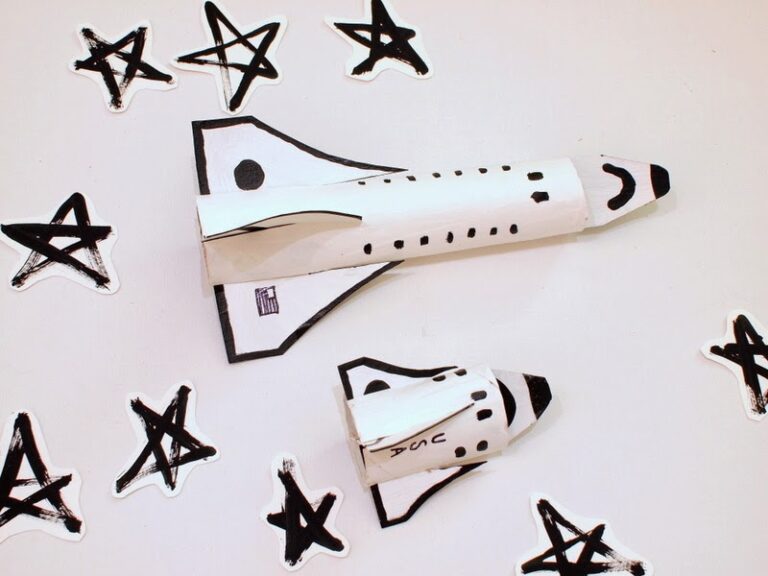The importance of recycling goes beyond simply reusing materials. It involves an educational process that can be especially valuable for children. Recycling workbooks offer an excellent opportunity for educators to teach sustainability concepts in a practical and fun way.
By transforming disposable objects into toys, the workbooks not only promote recycling, but also encourage creativity and active learning.

Valuable Resources for Educators
These workbooks are a valuable resource for educators looking to integrate recycling into their school curriculum. With step-by-step instructions, these workbooks show how to turn common, often discarded items into creative, functional toys. One example is how to create a “spider” and an “elephant puppet” from a mayonnaise jar. These activities not only teach manual skills, but also raise awareness about the importance of recycling.
Additionally, the workbooks help reduce waste by demonstrating how simple materials can be repurposed to create something new. This reflects a sustainable and creative approach to teaching, where learning goes beyond the classroom and becomes an everyday practice.
Turning Glass Jars into Terrariums
Another project highlighted in the workbooks is creating plant terrariums using glass jars. This activity offers an engaging way to teach children about the life cycle of plants and the importance of caring for the environment. Using glass jars to create terrariums not only recycles these containers, but also provides a closer connection with nature, encouraging curiosity and respect for the environment.
Workbooks that include this type of activity are ideal for schools and educational projects that want to integrate sustainable practices into their teaching. Terrariums are clear examples of how recycling can be fun and educational, offering children a tangible way to see the positive impact they can have on the world.
Creating Mosaics with Shampoo Bottles
Another example of an activity available in the workbooks is creating a pencil holder mosaic using shampoo bottles. This project transforms items that would normally be discarded into a useful and decorative object. Through this type of activity, children learn about the art of mosaics and the importance of recycling in a practical and creative way.
These instructional workbooks are essential for educators who want to promote recycling in an accessible and engaging way. In addition to teaching art skills, these activities help instill a mindset of reuse and sustainability in students.
Recycling and Creativity in Education
Workbooks play a vital role in recycling education by providing hands-on activities that connect children directly with the concept of sustainability. They offer a fun, hands-on approach to teaching the importance of reusing materials while developing manual and creative skills.
The projects presented in the booklets, such as creating toys and useful objects from disposable materials, are examples of how recycling can be effectively integrated into the educational process. These activities encourage innovation and creativity, while reinforcing the importance of caring for the environment.
Application of Handouts in Educational Projects
The free handouts are a valuable resource for any educational program looking to incorporate recycling into its activities. They can be used in a variety of settings, from classrooms to community projects, and provide a structured and accessible way to teach recycling.
The practical application of the workbooks in different educational contexts allows educators to adapt the activities as needed, ensuring that recycling lessons are relevant and impactful for their students. By integrating these activities into teaching, the workbooks help create a generation of individuals who are more aware and engaged with sustainability.
The Importance of Sustainable Educational Resources
Using workbooks that promote recycling is not just a teaching tool, but a way to inspire real changes in attitudes towards consumption and disposal of materials. These workbooks show that sustainability education can be fun, engaging and accessible to everyone.
By offering clear instructions and practical activities, workbooks play a crucial role in shaping more sustainable habits from childhood. They teach that, with a little creativity and knowledge, anyone can contribute to protecting the environment.
Learn how to make other arts by recycling, Click here.
Check out interesting facts about recycling clicking here.




